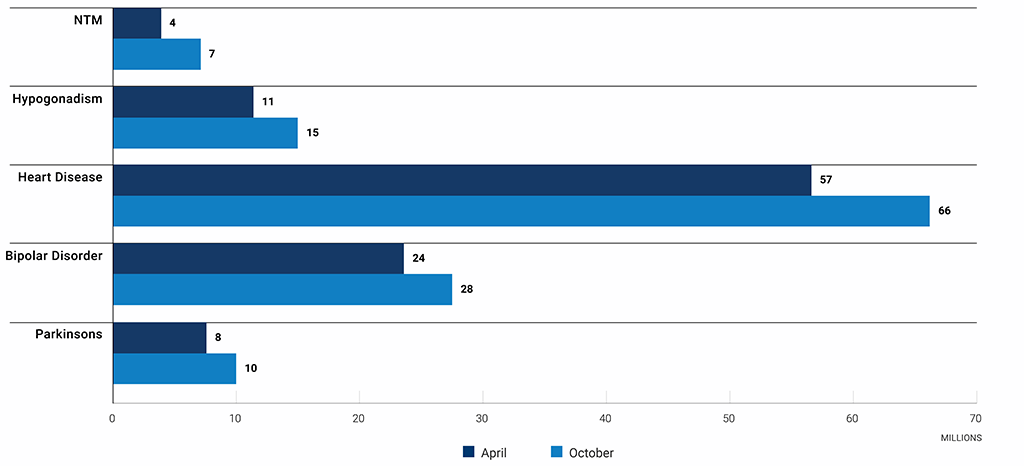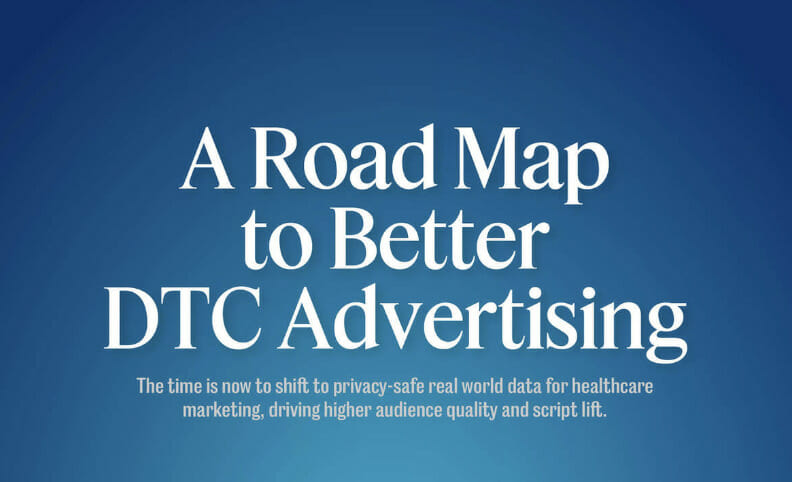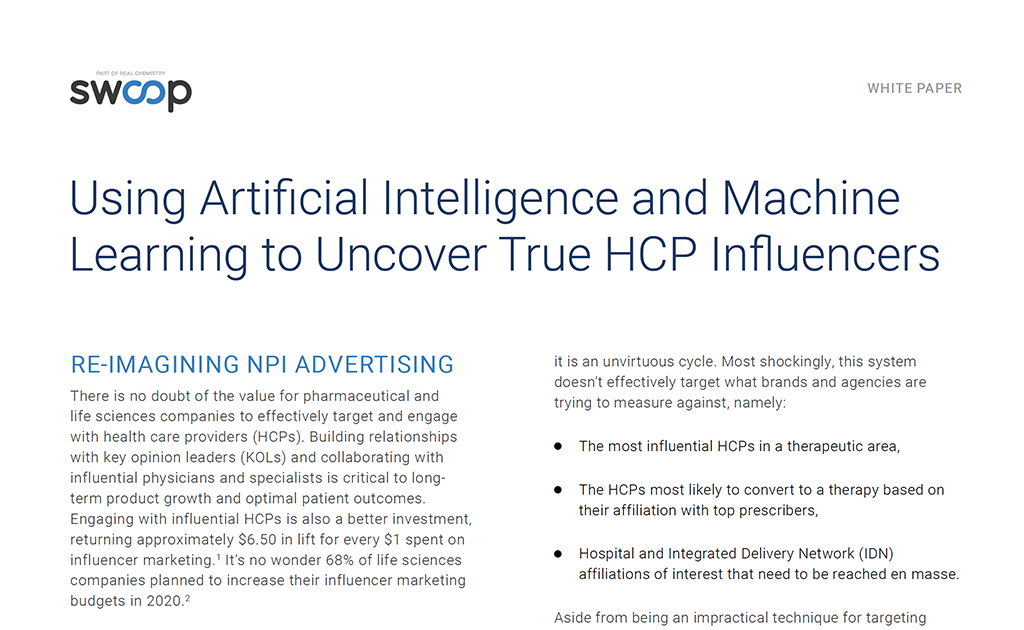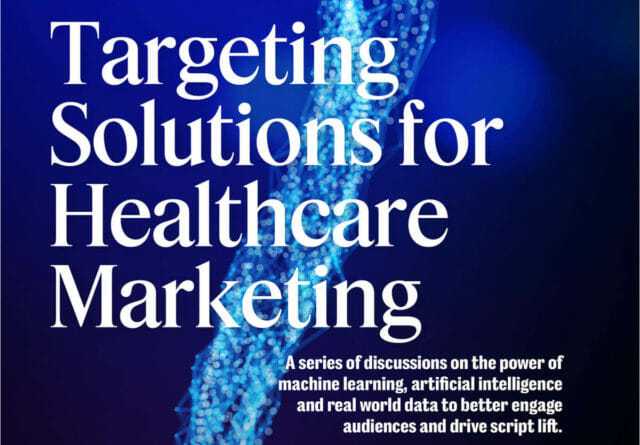In April 2021, Apple began requiring an opt-in for consumers to share browsing history with apps such as Facebook and Instagram. Approximately 62% elected to protect their privacy, leaving marketers across industries wondering, “Now what?” While this update was a long-time coming and certainly a win for consumers, it left many in the lurch, including health advertising professionals. But did it? In reality, this is an opportunity to reform the same old targeting approaches and “think different” about privacy. Instead of using online behavior for targeting purposes, pharmaceutical marketers must embrace the use of privacy-safe real world health data, a more effective, safer way to reach patients that actually suffer from disease.
Health marketers need to accept that yesterday’s advertising strategies just don’t work any longer. While consumers were once largely unaware of how their web history, social footprint and digital body language was being exploited, many now realize this information can be used for targeted advertising – and that makes most people uncomfortable. Apple isn’t the only company to make a major privacy change. Recently Google announced that third-party cookies will be removed from Chrome and Facebook eliminated targeting based on interactions with health content. With so many targeting approaches being deprecated by 2023, companies should consider the use of privacy-safe real world health data and recognize that a win for consumers isn’t a loss for marketers.
Real world health data is grounded in offline, historical de-identified patient journeys and thus is more precise than noisy information gathered from apps or web usage. It’s the optimal foundation for targeting those who suffer from common, specialty and rare conditions. Swoop creates custom audience segments based on real world health data using artificial intelligence, enabling clients to educate patients about disease states and the therapies that could effectively remedy their condition, as well as enable them to become active participants in their treatment. We go beyond HIPAA compliance, which frankly isn’t enough to protect direct to consumer marketing, and are accredited by the Network Advertising Initiative (NAI), an industry trade group with self-regulated standards for protecting patient data.
Swoop’s privacy-safe segments are brand exclusive and are tailored to meet unlimited criteria, including patients who have lapsed on treatment, were recently diagnosed with a specific condition, are currently undiagnosed, or just began a competitor line of therapy. These audiences are created by utilizing artificial intelligence to build audience modeled off of de-identified health data on 300 million people in the US. Once an exclusive segment is tested and delivered to a client, it can be activated across any channel: programmatic, social media, television or radio.
The final proof needed to make the switch? While Apple’s in-app opt-outs increased in April 2021, marketers using Swoop segments showed no sign of audience drop off. In fact, one of our primary DSPs shows that from April to October 2021 the total number of unique targetable matches to our custom audience segment markedly increased.

It’s clear that those who have activated privacy-safe exclusive audiences are unaffected by Apple’s iOS update. For marketers who have not made this transition, instead of being concerned about the implications of this development, as well as wasting time, money and resources on suboptimal audience targeting approaches, now is the time consider why 42 of the top 50 pharmaceutical companies and 18 of the top 20 healthcare agencies have partnered with Swoop to create over 3,000 exclusive patient audiences.










